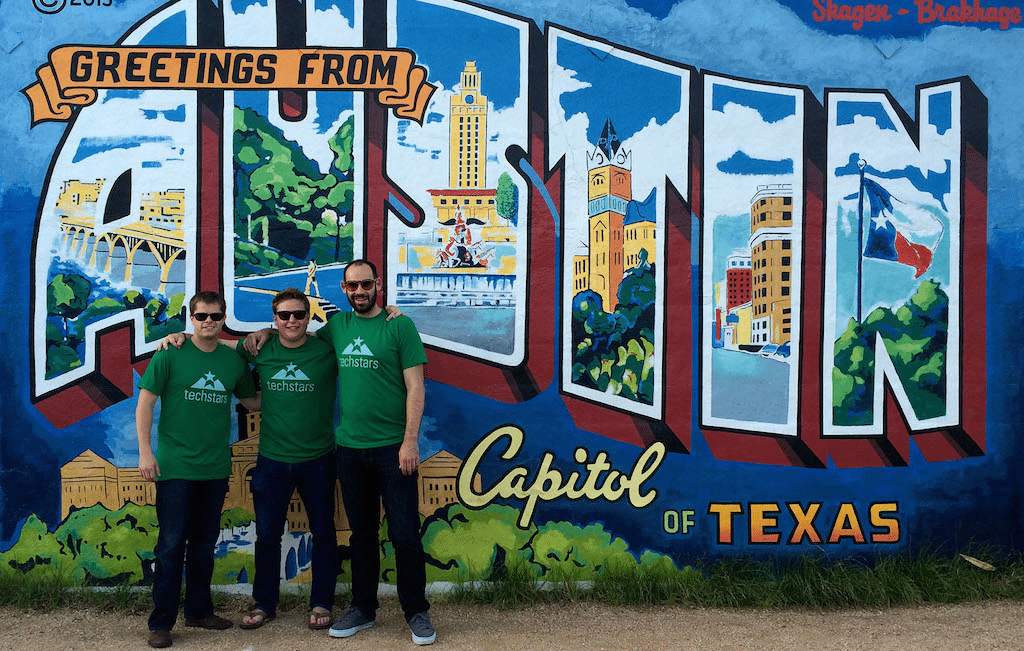Startup Stories Series: Do Accelerators Really Help Travel Startups?

Skift Take
A startup is only as good as the real-world use case it's trying to address, and sometime it takes the support of an accelerator to discover how to do this.
Editor's Note: In our Skift Startup Stories series, we document travel startup issues, solutions, and lessons from a variety of angles, hoping to shed light on what separates the winners from the losers. You can read all the stories here.
Y Combinator released its latest tally about the fate of the 940 companies that the Mountain View, California-based startup accelerator has funded over the last decade: Eight are worth more than $1 billion, 400 carry $100 million-plus valuations, and 177, or 12.5 percent, have failed.
The failure rate is similar at another leading startup accelerator, Techstars, with offices in Boulder, New York City, Boston, Seattle, San Antonio, Austin, Chicago, and London. Techstars has funded 556 companies since its founding in 2006, and states that 75, or 13.5 percent, have been acquired and 62, or 11.1 percent, have failed.
Both of these accelerators include, but aren't limited to, travel startups. Among travel startups, Airbnb, Hipmunk, Vayable, and Flightcaster trace their roots to Y Combinator while Techstars has nurtured Sidetour, Verbalizeit, Wander, and Hot Hotels, for example.
It's the nature of the proposition that startups, in general, tend to have a relatively high failure rate as founders and co-founders sometimes tragically devote their life savings and years of effort to -- let's face it -- ideas that may have been tried dozens of times already.
The Y Combinator and Techstars track records, while likely a lot better than those of travel startups generally, underestimate the numbers of their startups that fail. They only include companies that cease operations, and exclude all of those soft landings, asset sales and acquihires.
Still, getting accepted to participate in Y Combinator or Techstars is often a very good thing, according to Using Miles founder and former CEO Krista Paul, Rocketrip founder and CEO Dan Ruch, and Smart Host co-founder and vice president of sales Nick Persico, all of whom went through one of these accelerators. Skift also interviewed Techstars founder and co-managing partner Davi

